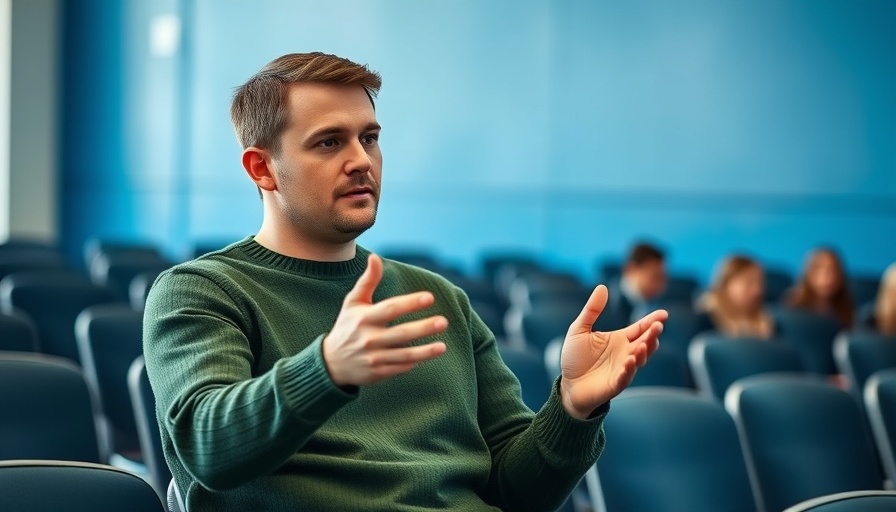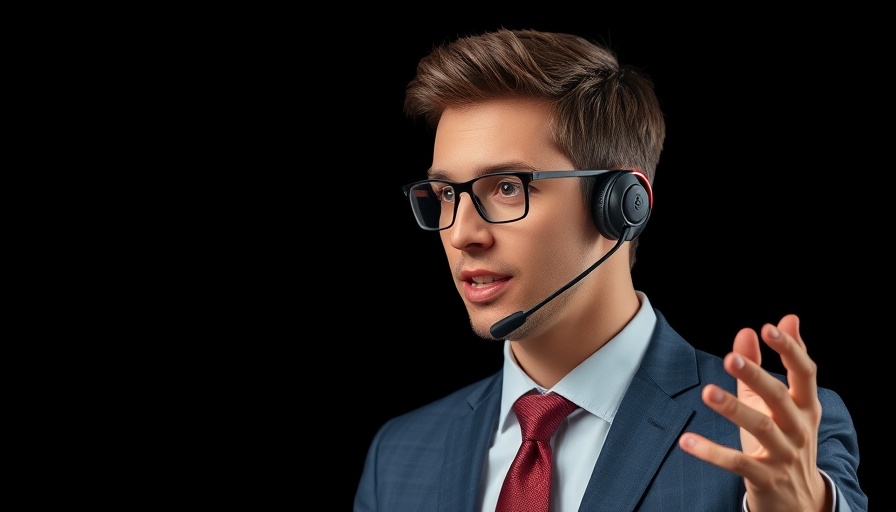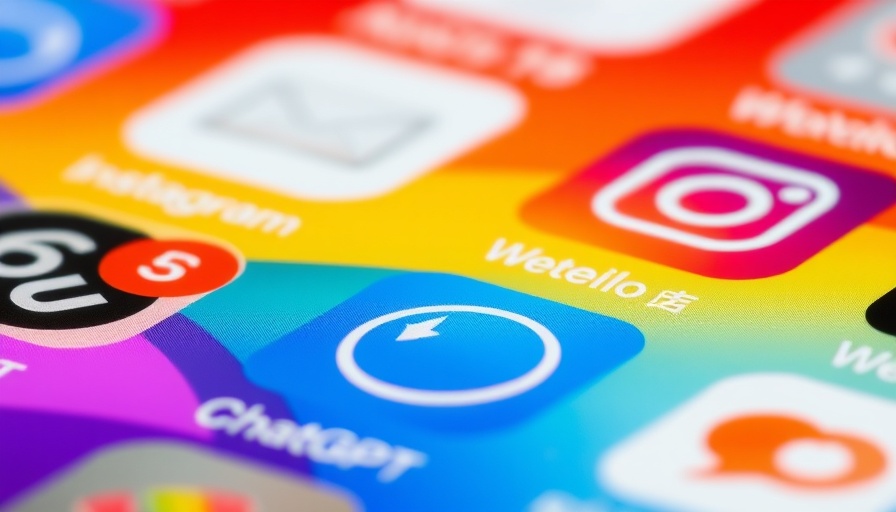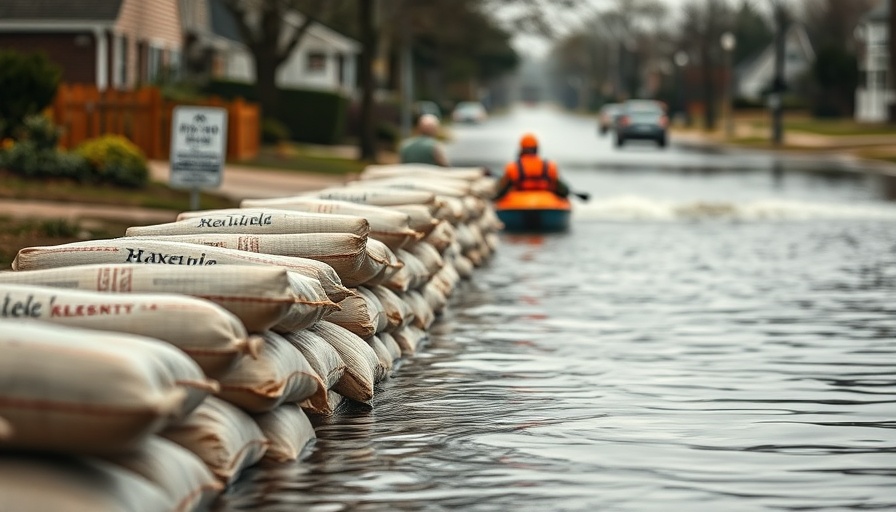
A New Era of AI Image Generation and Its Challenges
Recently, OpenAI's unveiling of ChatGPT's new AI image generator drew significant attention, particularly for its ability to recreate art in the distinct style of Studio Ghibli, a beloved Japanese animation studio. Users flocked to social media, sharing AI-generated images that range from whimsical versions of public figures like Elon Musk to imaginative takes on iconic film franchises. This wave of creativity underpins not only the excitement around AI tools but also underscores pressing questions surrounding copyright laws and creative ownership.
AI Meets Copyright Law: A Complex Intersection
The growing capabilities of AI image generation technology raise complex legal and ethical dilemmas. As Evan Brown, an intellectual property lawyer, highlights, the legality remains uncertain in these cases. While style itself isn't necessarily protected by copyright, AI's training on existing copyrighted works brings a gray area into sharp focus. This scenario aligns with ongoing lawsuits that claim many leading AI companies have improperly utilized protected content to train their models.
Beyond Studio Ghibli: The Bigger Picture
The debate extends beyond just Studio Ghibli. With platforms such as Google’s Gemini Flash also producing similar outcomes, a wider discussion on the implications of AI-created art is crucial. How far can AI mimic the unique styles of famous artists? If a machine can replicate Vincent van Gogh or Frida Kahlo, what does that mean for traditional artists and their intellectual property rights?
Understanding Public Sentiment: What Do AI Lovers Think?
For AI enthusiasts, this moment sparks a mix of intrigue and concern. The ability to generate unique artistic expressions through AI could democratize art creation, allowing more people to engage with and appreciate various styles. However, the sensitivities around copyright might dampen that enthusiasm, as many individuals also advocate for the respect of artists' rights. This intersection generates vibrant discussions, with fans debating the potential of AI tools to empower or exploit creative fields.
What's Next? Predictions for AI and Copyright
As AI technology advances, the conversation around copyright is likely to evolve. Predictions suggest that as more AI tools become available, we might see stricter regulations or clearer guidelines that address the use of copyrighted materials in AI training processes. Educational institutions may need to play a role in this, teaching future innovators about the ethical implications of their creations
Conclusion: Engaging with AI Responsibly
The technological marvel that AI image generators present is thrilling but accompanies a need for responsible engagement. OpenAI’s studio-inspired creations are just the tip of the iceberg in understanding the relationship between art and artificial intelligence. As this dialogue continues, AI lovers and creators are encouraged to be mindful of these ethical considerations and advocate for accountability in AI usage.
 Add Row
Add Row  Add
Add 




 Add Row
Add Row  Add
Add 

Write A Comment